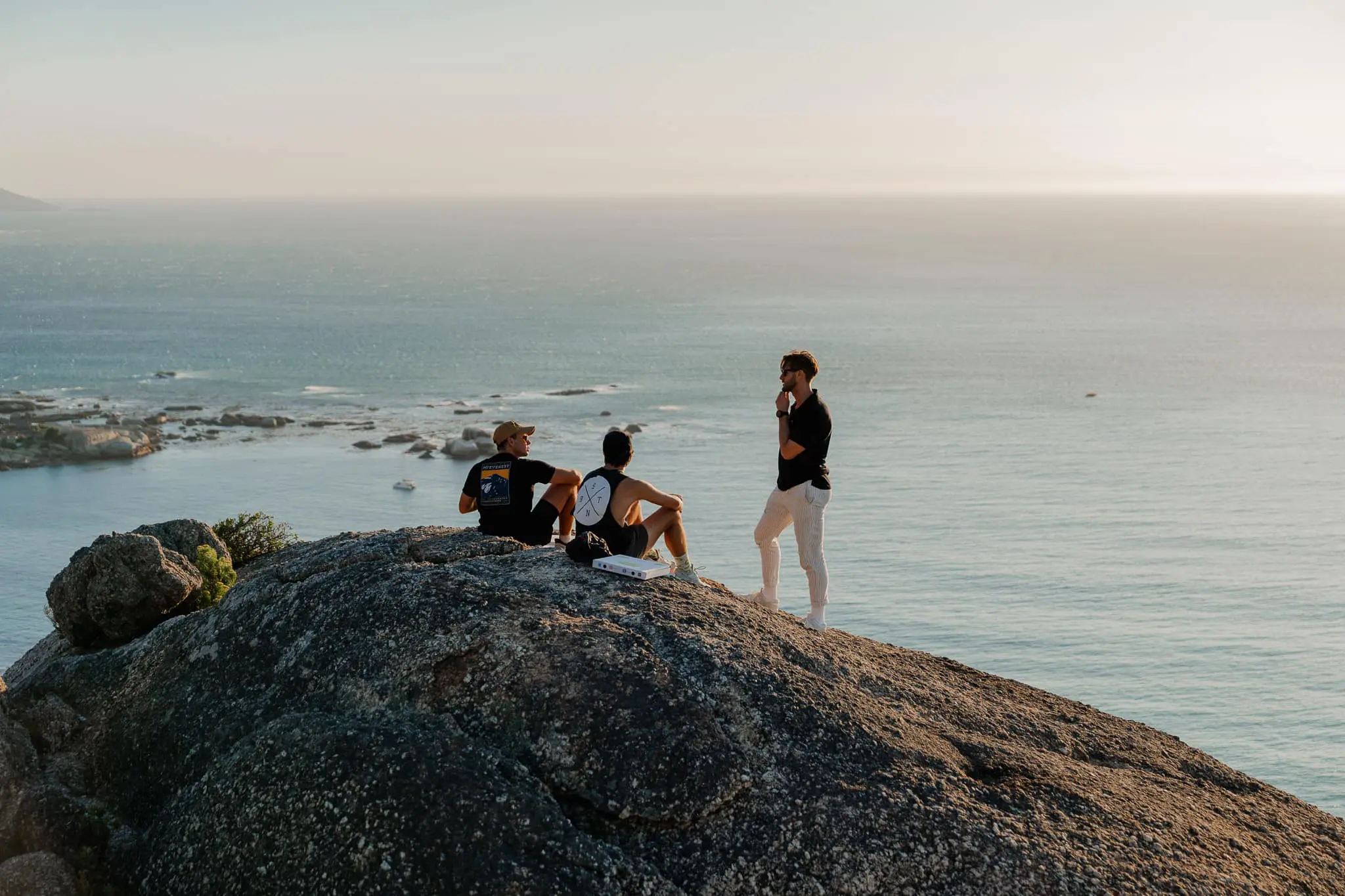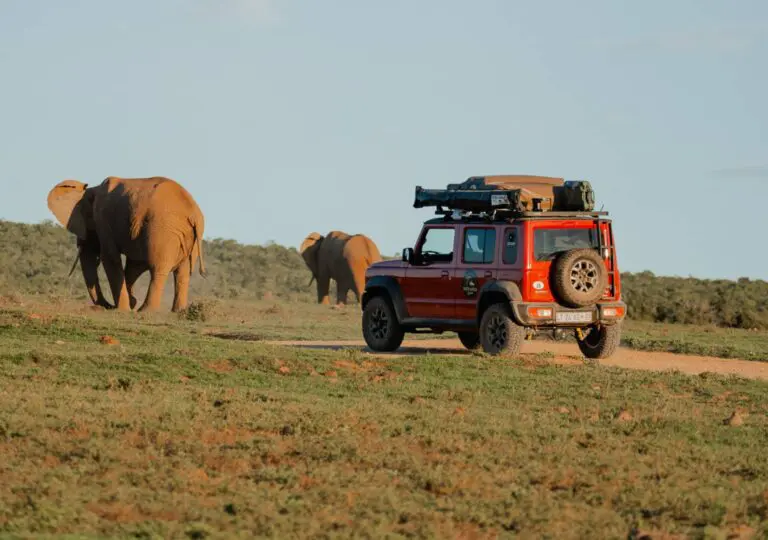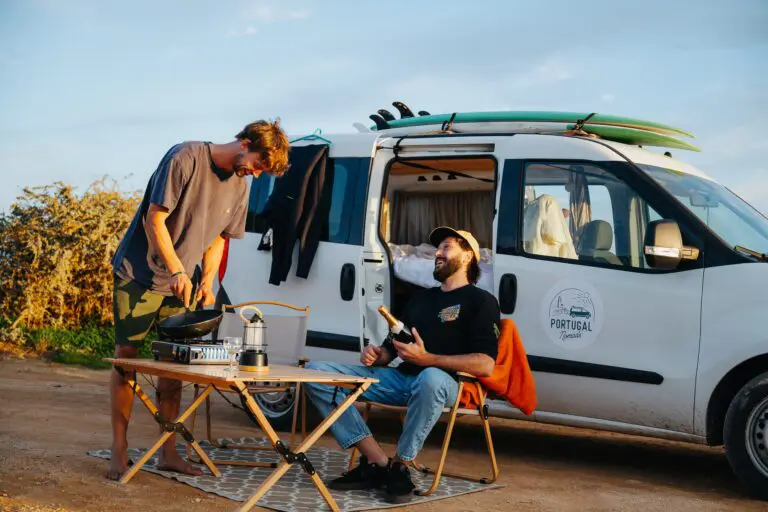Safety in South Africa
South Africa is an incredibly beautiful country with breathtaking nature and friendly people. However, it's important to set out well-prepared. Your safety is our top priority at Travelbase. That's why we're always available in case of emergencies. Our local partners know the area inside and out and can be on-site quickly if needed.
Your safety is our priority
The trip with South Africa Nomads takes you along the Garden Route in South Africa. This is a relatively safe and popular region to explore, especially for travelers who set out well-prepared. We've planned the route so you drive on the safest roads. During your journey with Travelbase, you're always in good hands: a local partner is ready to help with any questions or issues, and we're available 24/7 via our emergency number.
You’ll be traveling alongside other travelers and camping at the same site every night, so there’s always someone nearby. All the campsites are monitored or fenced. Additionally, you'll receive a detailed roadbook and access to an app with practical tips, including safety advice for South Africa and which neighborhoods or roads to avoid. This way, you can enjoy your adventure worry-free!
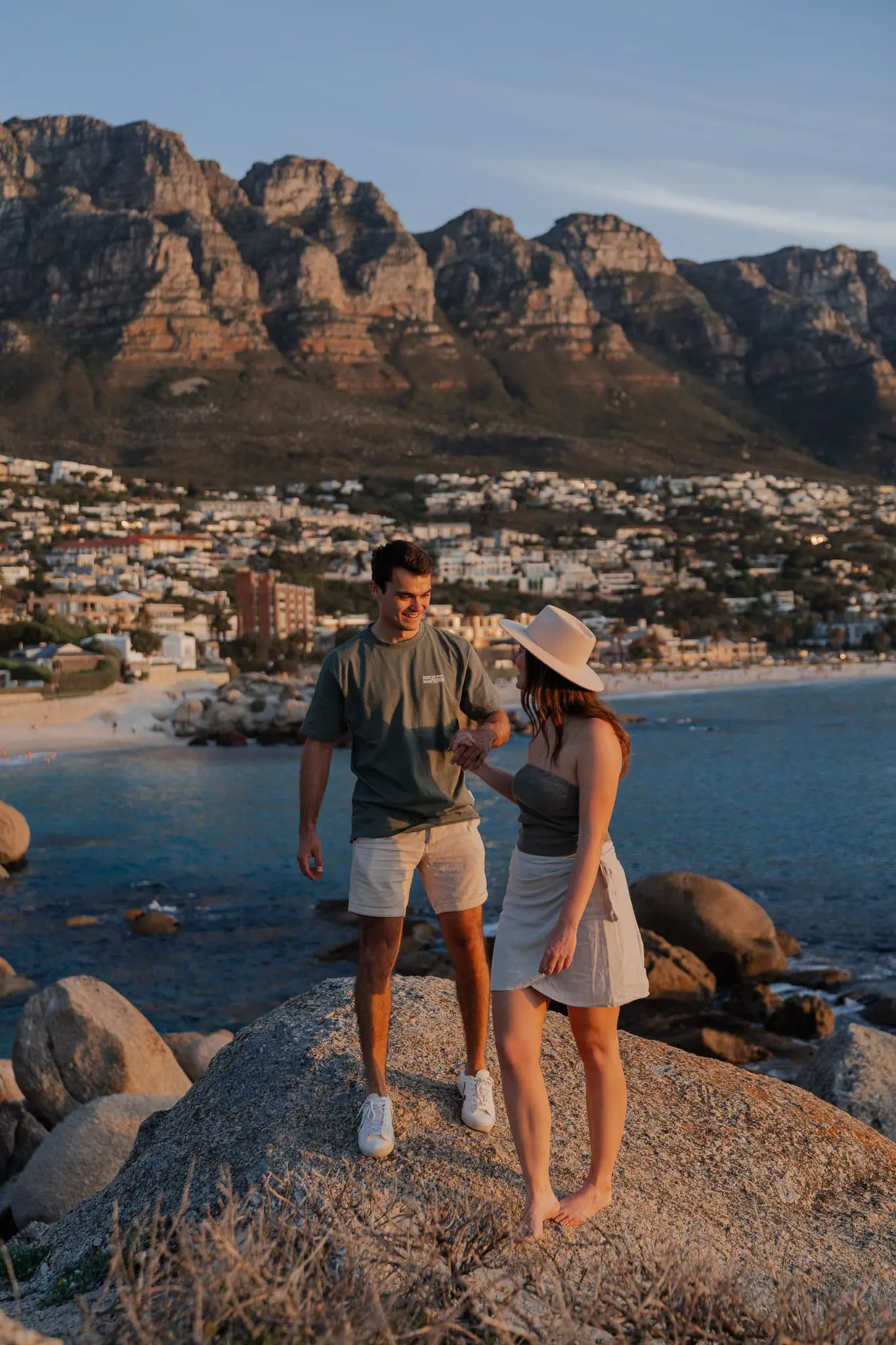
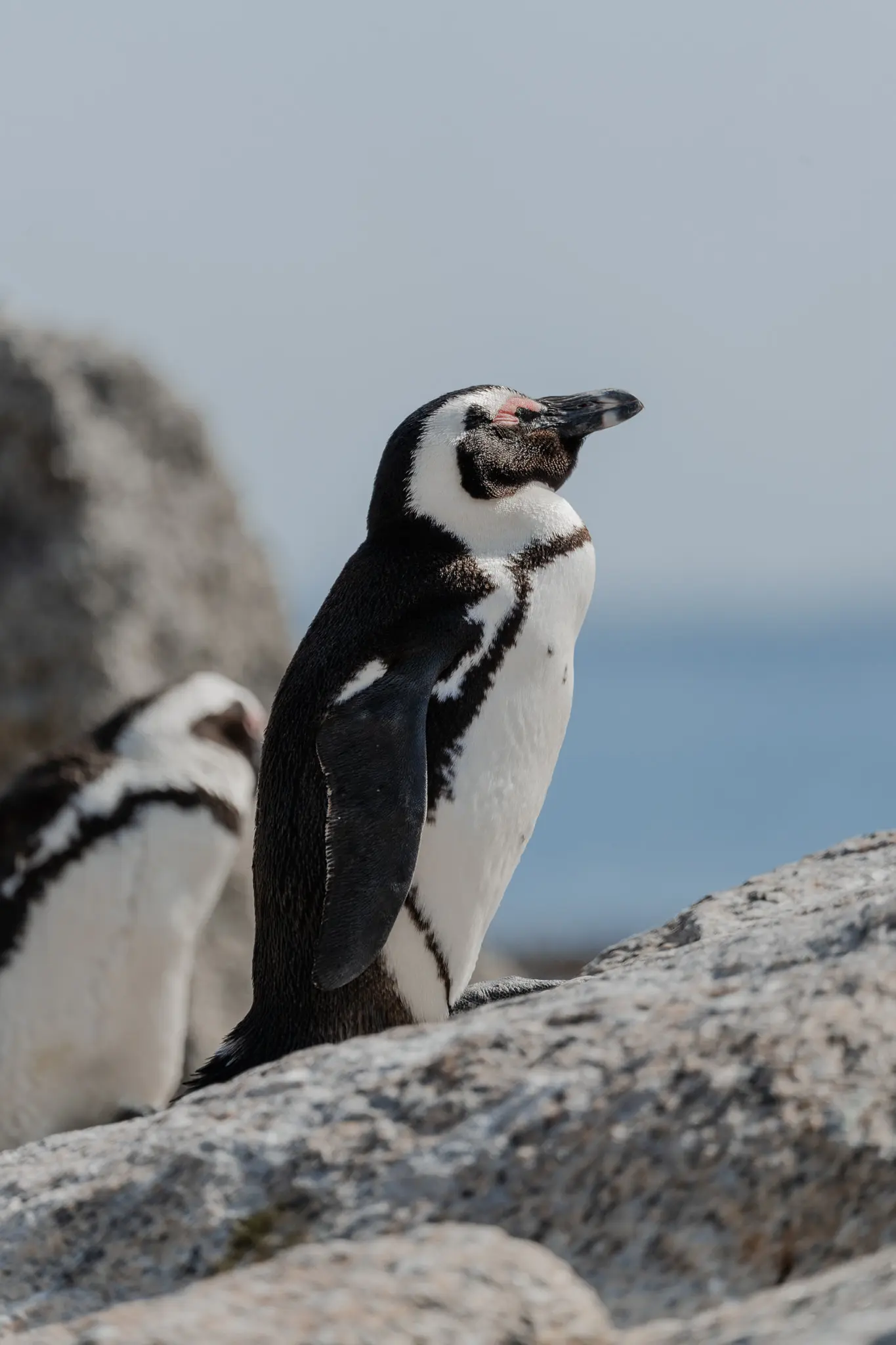
South Africa Nomads Roadbook + app
Before you start your trip, you'll receive a roadbook and access to an app. Our roadbook and app include all the information you need for a successful road trip in South Africa.
On one hand, it contains the complete route, including all the hotspots and hidden gems that you won't find in large travel guides. It also includes safety information for South Africa and the safest routes. The places we recommend are always suggestions: you can decide for yourself which attractions to visit and how much time to spend there. Additionally, our roadbook and app feature various fun spots where you can grab a bite to eat or drink.
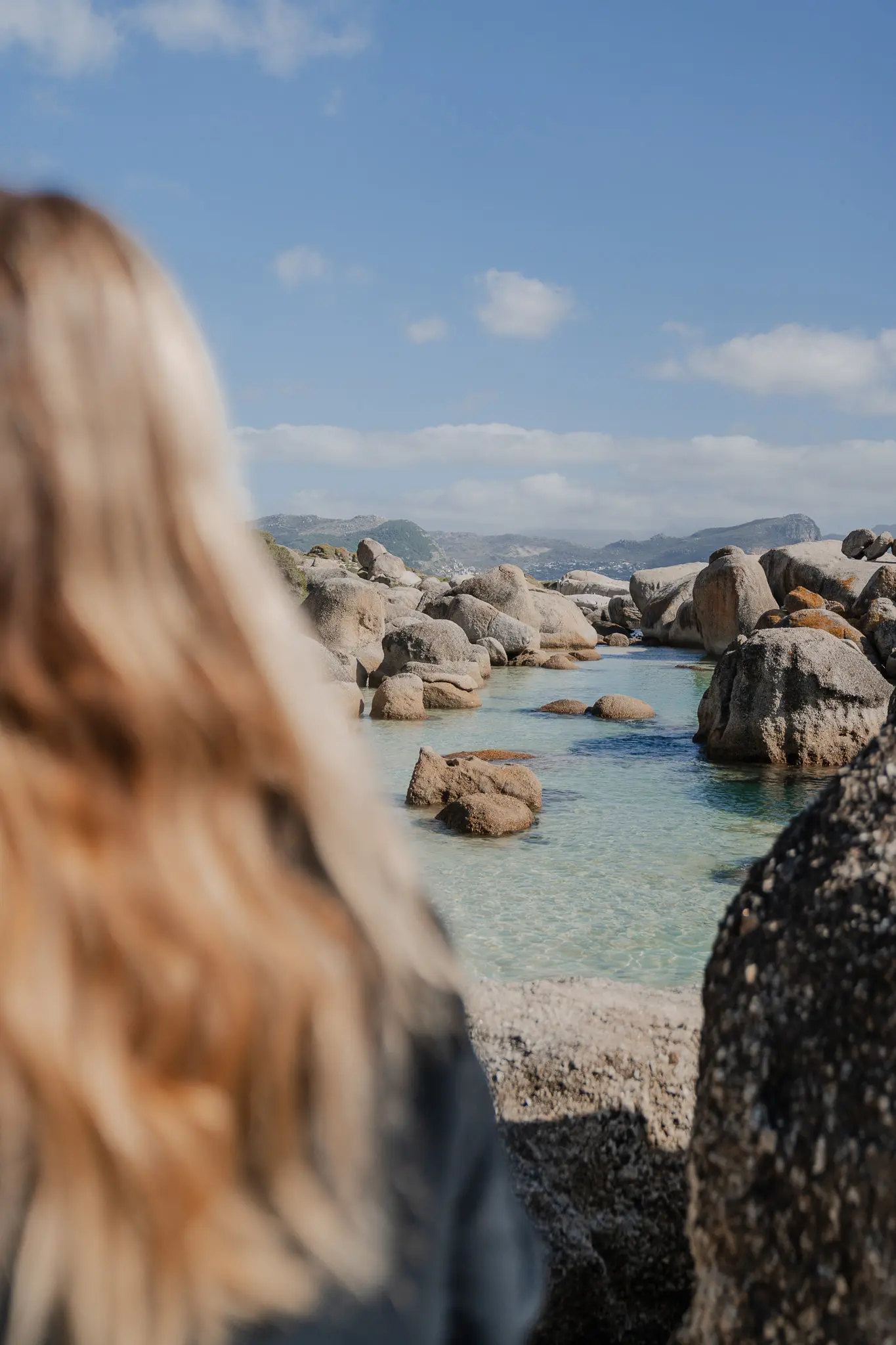
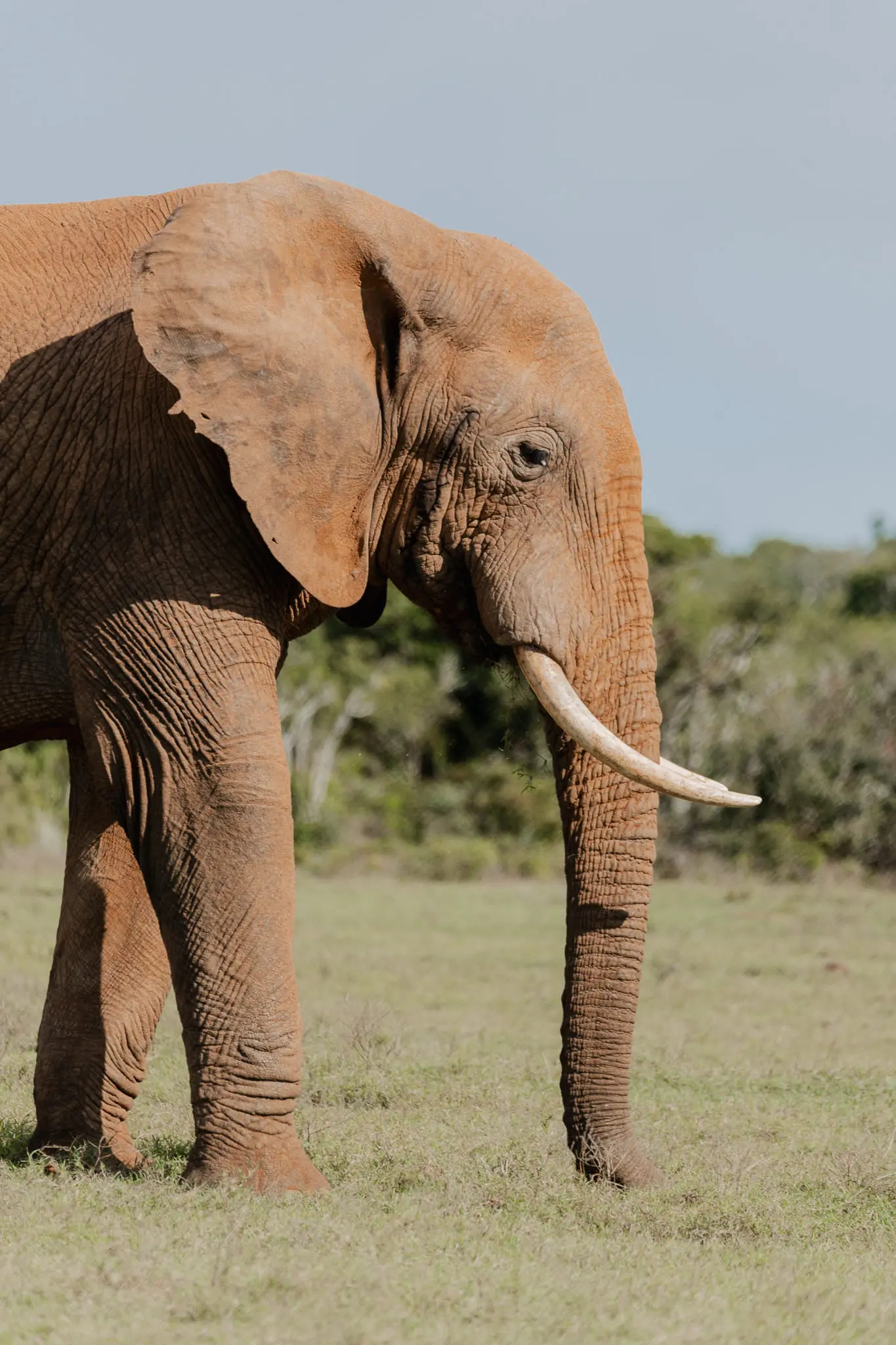
Essential Safety Tips
For your safety in South Africa, it's important to be prepared before you head out. That's why we’re sharing some tips for the road.
In the car
Refuel when your tank is still half full and choose large, well-known gas stations. It's best to drive between sunrise and sunset. Don't pick up hitchhikers, always keep your car doors locked, and park in secure parking areas. There are often parking attendants who will watch your car for a small tip. If you've parked for less than an hour, you'll pay about 2 to 5 ZAR. For a few hours, it's around 5 to 10 ZAR. It's also customary to give a tip when refueling. Don’t be surprised if your windows get cleaned too. A tip between 5 and 10 ZAR is appreciated.
Personal safety
For your personal safety in South Africa, taking precautions is key. Spread your money and important documents across different places and use a money belt or a bag that’s close to your body. Make copies of your passport in case you lose it. In cities, it’s wise to take an Uber at night. Be cautious about displaying valuable items like cameras and phones in public.
Dealing with people on the street
In South Africa, it's common for people to approach you on the street. This could be vendors, beggars, or people offering help. Stay friendly but firm. A clear “nee, dankie” (Afrikaans for “no, thank you”) often works best. Don’t accept unsolicited help at parking machines or ATMs.
In case of a robbery
It's important to know what to do if you unexpectedly find yourself in a robbery situation. Your safety is always the top priority.
The most important thing is to stay calm and not resist. Robbers are usually tense and can react unpredictably. Therefore, cooperate and hand over your belongings – possessions are replaceable. Try not to escalate the situation. Avoid sudden movements and keep your hands visible. Avoid direct eye contact, but look down or to the side so you might be able to provide a description later.
Once the robbers are gone, find a safe place. This could be a shop, restaurant, or hotel. Call the police and the Travelbase emergency number immediately – we will arrange the right help and support you. We also recommend filing a police report.
Top tips from our team
- Park in secure parking areas
- Keep your windows and doors closed while driving
- Try to avoid driving at night
- Take an Uber in the evening to get around
- Only refuel at major gas stations
- Stay alert and keep your valuables on your person
- Avoid townships
- Use your common sense and prepare well
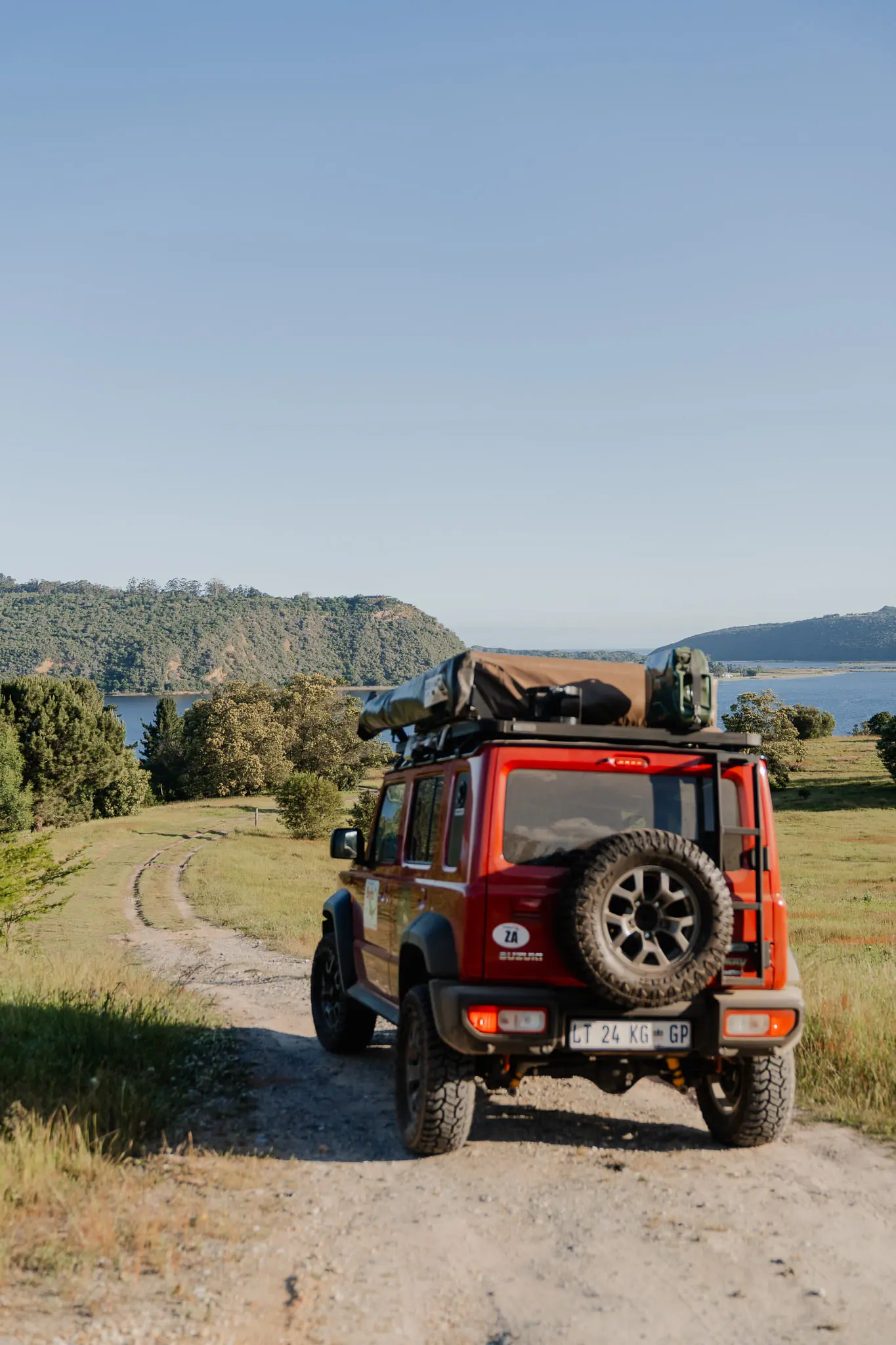
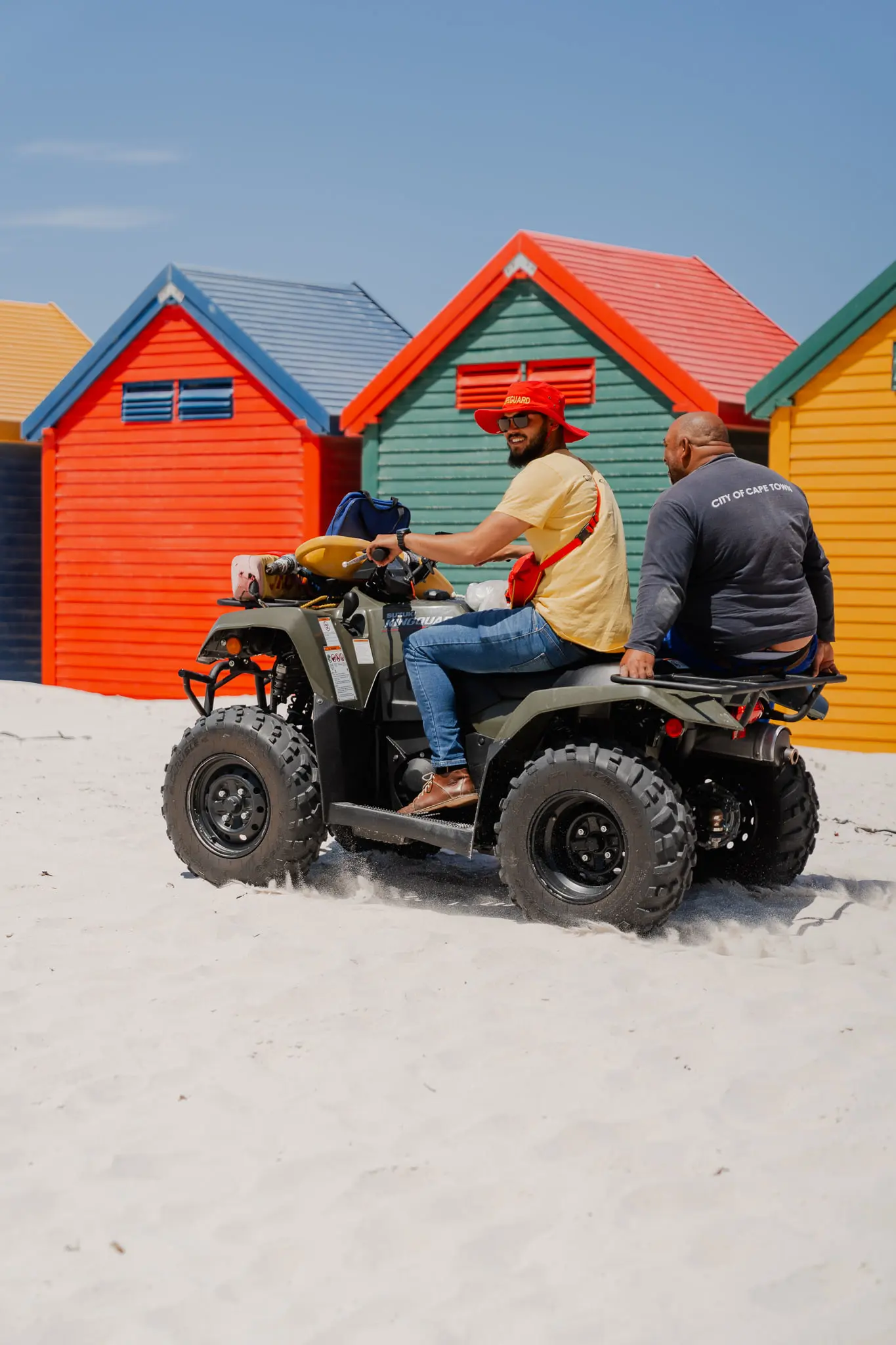
Safety on the Road
The route you take with South Africa Nomads is relatively safe and very popular among tourists. We have chosen the safest routes for you, and in the app and roadbook, we provide detailed information on which routes and neighborhoods to avoid. Here’s some information for your safety on the road.
Townships
The highest crime rates in South Africa can be found in the townships and impoverished areas surrounding the major cities. These areas experience significant poverty, partly due to the legacy of apartheid, which still affects the economic situation of many residents. Townships also attract many people from neighboring countries seeking a better life in South Africa. Unfortunately, due to the lack of employment opportunities and high unemployment in these areas, there is a strong correlation with crime. Therefore, it's advisable not to visit these areas independently. If you really want to experience a township, do so only under the guidance of a certified local guide.
Safety in Cape Town
Right from the airport, you can see the different faces of Cape Town. Along the highway, there are several townships – it's safe to drive on the highway, but don't drive through the townships.
The city center requires common sense and alertness. You should be especially cautious in the center at night. It's best to use an Uber then. The iconic Bo-Kaap neighborhood, with its colorful houses, is perfect for photos during daylight. Leave this area before sunset. The famous Long Street is fine to visit during the day, but we advise going elsewhere in the evening. V&A Waterfront and Sea Point are a bit safer. Still, we always recommend staying alert, parking your car only in secured areas, and walking only short distances in the dark.
The hiking trails on Table Mountain and Lion's Head are generally safe, as long as you stick to the marked paths and ideally hike with others. Start early, and there will be more people on the trails with a lower chance of fog.
The Garden Route
The Garden Route is known as one of the safest regions in South Africa. This popular route between Cape Town and Port Elizabeth is traveled by thousands of tourists each year, leading to a good infrastructure with safe accommodations and secured parking. The tourist towns and villages along the route, such as Hermanus, Wilderness, and Plettenberg Bay, are lively during the day and quiet at night. However, it's important to remain alert and take normal precautions, such as not walking alone on deserted beaches and keeping valuables secure. But generally, you can enjoy this beautiful coastal route with peace of mind, especially if you use common sense and follow the advice of locals.
We have a few tips to share. For example, we recommend walking the famous Cliff Path in Hermanus during the day and not alone. In Jeffreys Bay, it's best to park at Main Beach and stay in the central area. Avoid walking alone on deserted beach sections and don’t venture too far west.
Port Elizabeth and Addo Elephant National Park
When planning your route to Addo Elephant National Park, local knowledge is crucial. Avoid the route through the Motherwell neighborhood near Port Elizabeth completely and opt for the N2 and the route via Paterson. You can also drive up to the Main Entrance via the southern entrance of the National Park and then head towards Addo. Leave early to arrive before dark, and make sure your car is fully fueled.
It's safe to drive around Addo Elephant National Park independently. The park is well-organized with clear roads and signage. The animals are used to vehicles, allowing you to enjoy nature up close safely. It's important to stay in your car, not to exit at non-designated spots, and to keep a safe distance from wildlife, especially elephants. If you prefer to be guided, it's also possible to book a guided safari. An experienced guide can tell you more about the flora and fauna in the park and ensure you discover the best spots without worry.
Road support: Ready for you 24/7!
Day and night, someone is ready to help you through the call center. Before you set off, we’ll explain exactly how to reach us if something goes wrong. All cars are equipped with modern tracking systems, and we even have access to a helicopter service if needed!
With over 40 locations spread across the country, our partner is never far away. Got a flat tire on the road? No worries! The roadside assistance will stay in contact with you until the problem is resolved. We drive new, well-maintained cars for the safest possible journey.
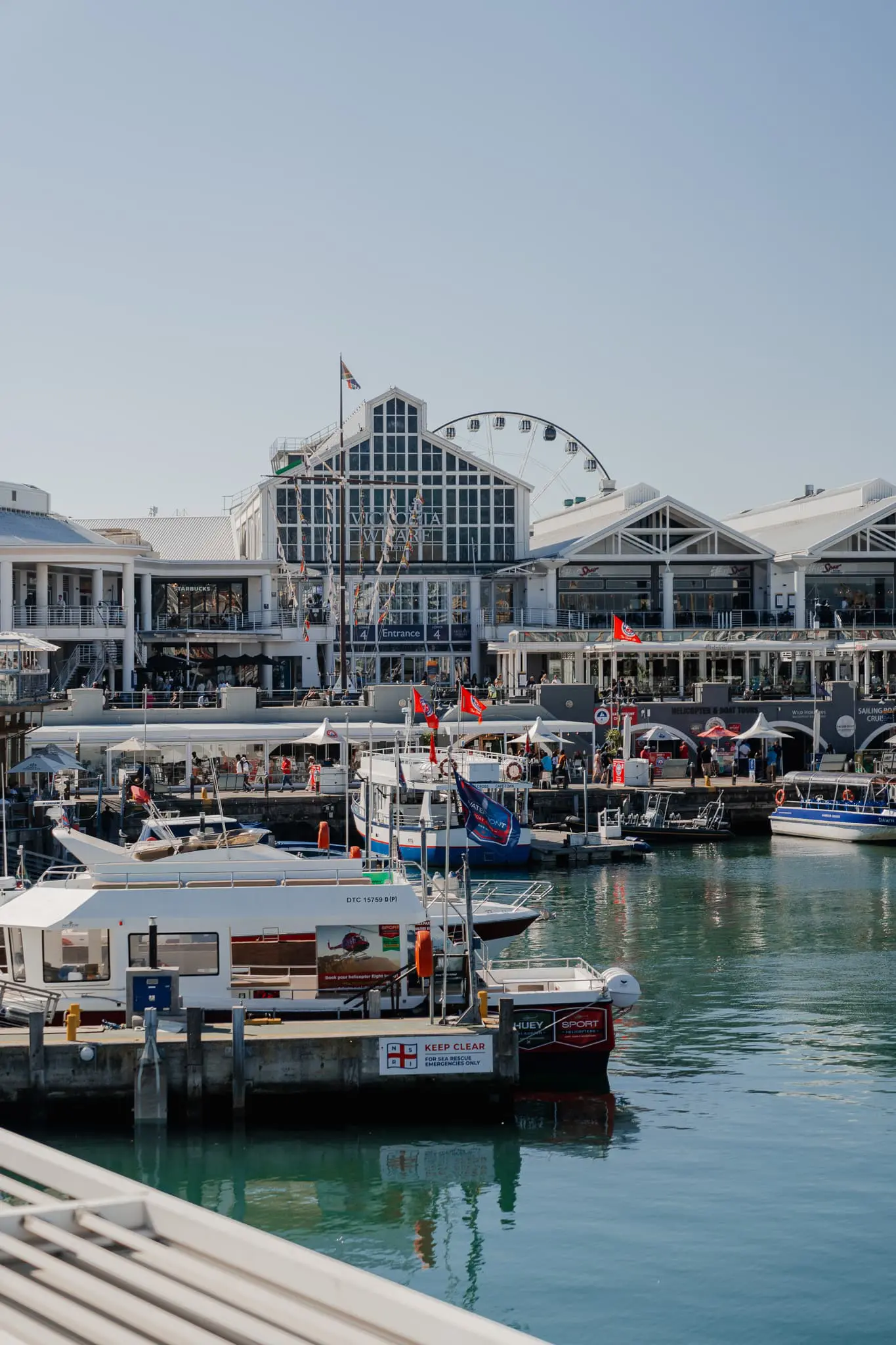
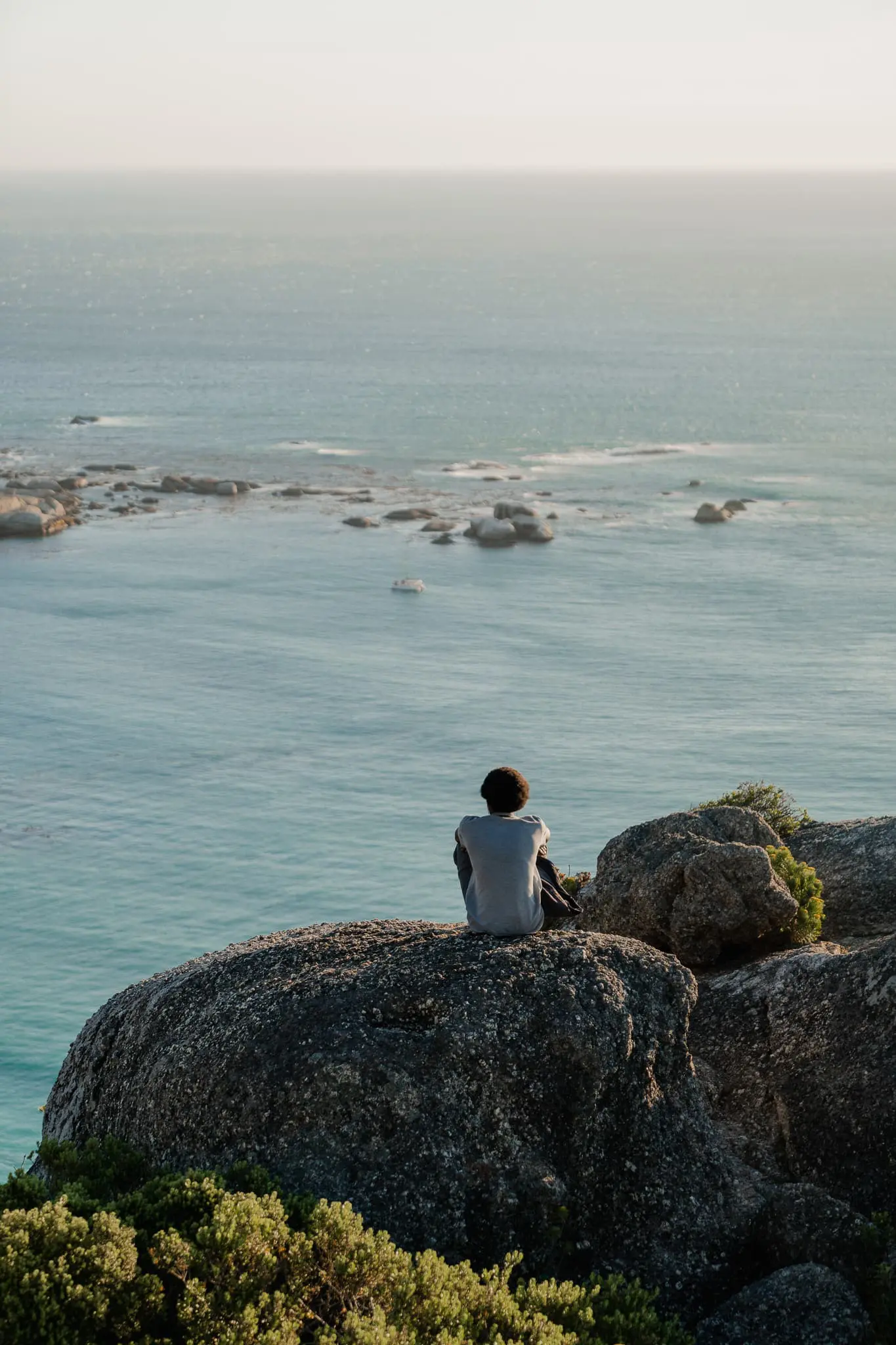
Emergency communication
Save these important numbers in your phone:
– General emergency number/police: 10111 and 112 (mobile)
– Ambulance / Fire department: 10177
Be Prepared for Travel in South Africa
With the right precautions for your safety, South Africa is a beautiful destination. The locals are exceptionally friendly and helpful. By staying alert but not anxious, you can fully enjoy the breathtaking nature and rich culture. We are available 24/7 at South Africa Nomads in case of emergencies, and our local partners will be with you as soon as possible if anything happens with your vehicle. With this knowledge in mind, your trip along the Garden Route will undoubtedly be an unforgettable experience.
Be prepared, stay alert, and enjoy everything South Africa has to offer.


